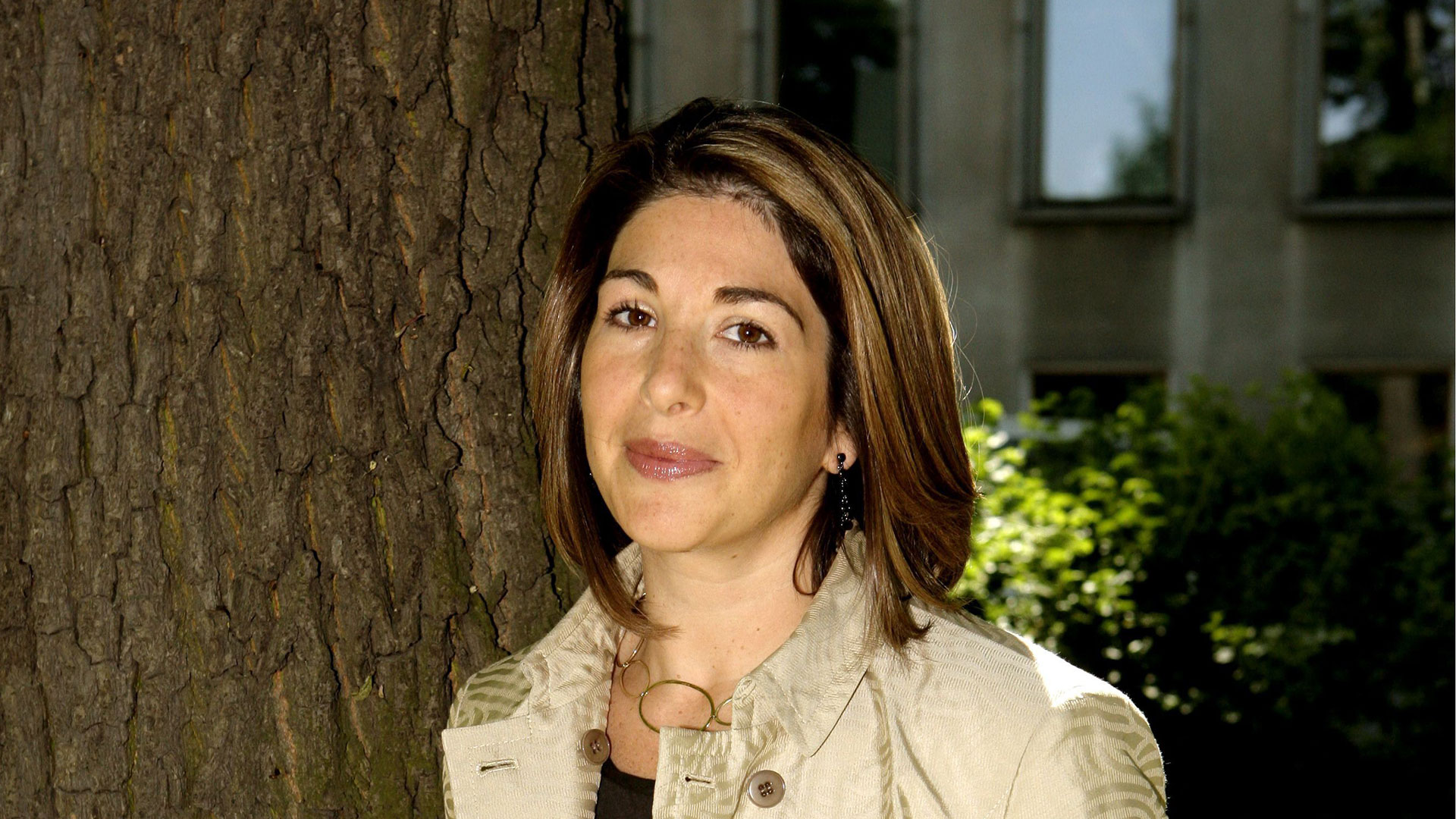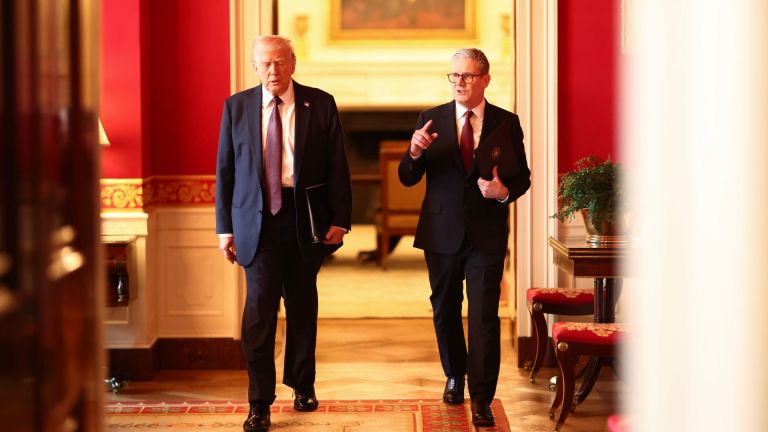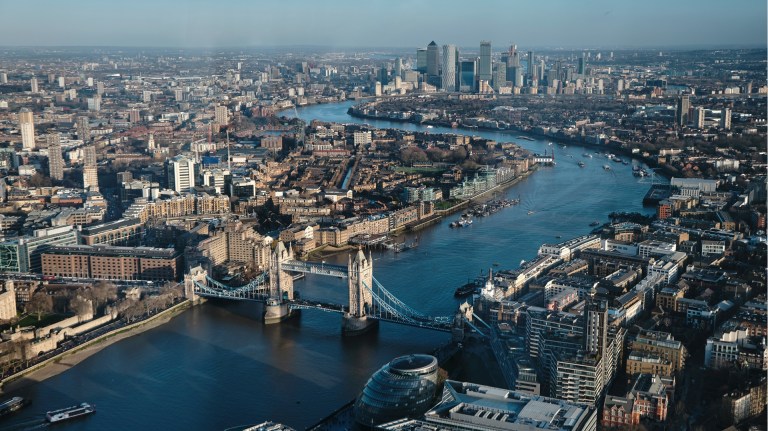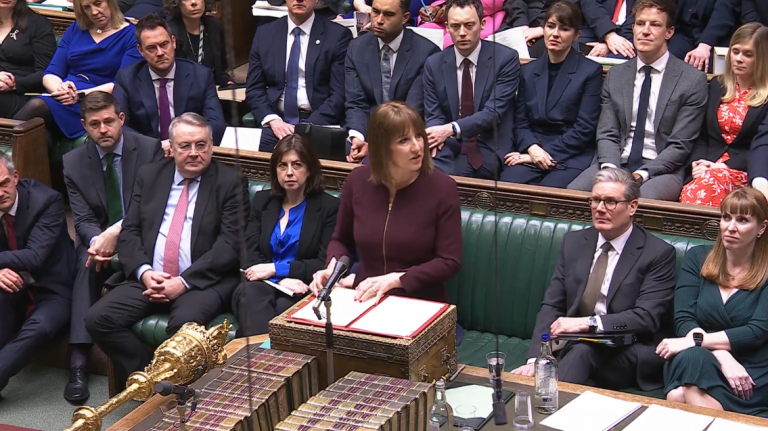Imagine an ordinary, full-time working week, one that requires just 21 hours of hard graft. Imagine a less frantic existence – three days on, four days off. Imagine more time with the family, more time strolling round the park, more time listening to your favourite music while cooking at a leisurely pace. A lovely idea – but does it really stack up?
The phrase ‘three-day week’ might, for readers of a certain age, conjure up memories of the early 1970s: electricity blackouts and TV broadcasts stopping at 10.30pm. Yet a growing number of people are advocating a 21-hour working week as the solution to the 21st century’s most pressing problems.
We need to cut our emissions so deeply that it threatens the whole growth model of free-market capitalism
Naomi Klein is the latest big thinker to back the idea of a shorter working week and sees it as part of a transition toward a low-carbon economy and a move away from “shitty” long-hour, low-paid jobs, as she outlines to The Big Issue…
When did you begin to think free-market economics are a threat to life on Earth? When I started hanging around with climate change deniers, it became clear they understood the current economic system could not survive if climate change was real. You can’t hold on to ideas like freedom from regulation and liberating profit in the face of a crisis like climate change, which clearly demands collective action and strong regulation. We need to cut our emissions so deeply that it threatens the whole growth model of free-market capitalism.
Some economists are now talking about moving beyond the idea of growth and our obsession with GDP. Is that a good thing? It’s exciting that people are talking about these things. We know chasing endless growth doesn’t deliver well-being or economic stability and is leading to widening inequality. So it’s much easier to challenge now. It’s really about having a strategic economy, focusing on parts of the economy we want to expand or extract.
You write about “selective degrowth” and ideas like a shorter working week and a universal basic income to discourage “shitty work”. Do you think people are ready for those ideas? I think people know they’re overworked. And overworking is intimately tied to a particularly wasteful model of consumption – you have no time after work to do anything other than grab a takeaway, and less time for low-consumption activities like cooking.










